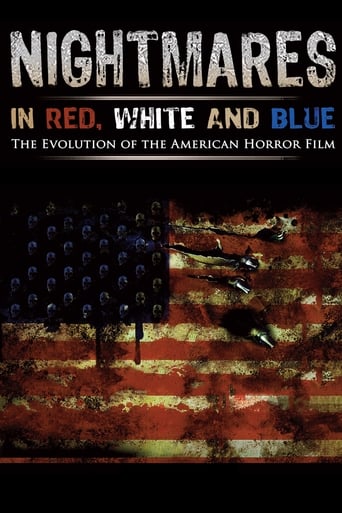
06 Aug 2009

Nightmares in Red, White and Blue
An exploration of the appeal of horror films, with interviews of many legendary directors in the genre.
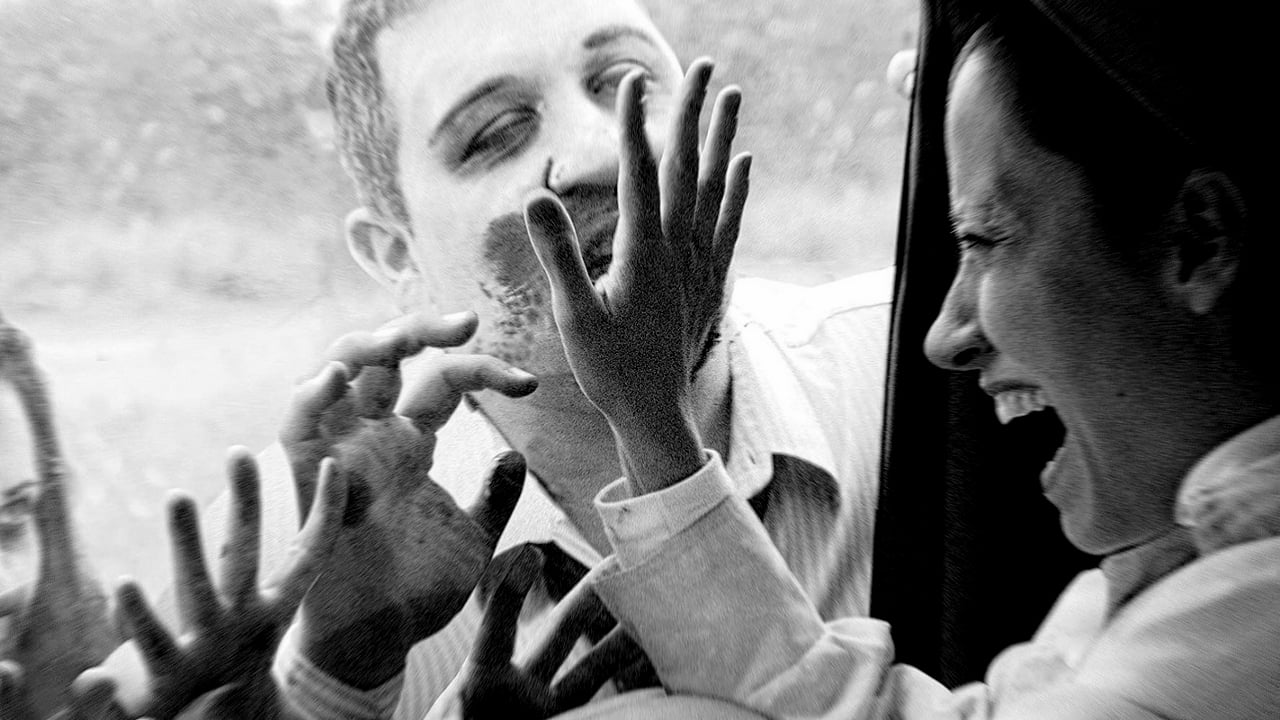
Tucumán, Argentina, 1965. Three years before George A. Romero's Night of the Living Dead was released, director Ofelio Linares Montt shot Zombies in the Sugar Cane Field, which turned out to be both a horror film and a political statement. It was a success in the US, but could not be shown in Argentina due to Juan Carlos Onganía's dictatorship, and was eventually lost. Writer and researcher Luciano Saracino embarks on the search for the origins of this cursed work.

Self - Actress
Self - Film Critic
Self - Film Critic
Ofelio Linares Montt
Alicia Miranda

Self - Politician (archive footage)

06 Aug 2009

An exploration of the appeal of horror films, with interviews of many legendary directors in the genre.

23 Mar 2022

Ten years ago, the paths of Abou, Laura, Cadiatou and Jacques have crossed Emmanuelle’s. She was their French teacher at a high school in Marseille. Together they took part in a film, Children of the Princess of Cleves, in which, while analyzing the classic text, they expressed their hopes, dreams, and fears. In En Nous, the director re-connects with the protagonists : memories blend with stories of their lives and the daily obstacles they must overcome whilst trying not to lose hope. Now, the sentence of the Princess of Cleves rings poignantly true: “I know nothing can be more difficult than what I undertake”.
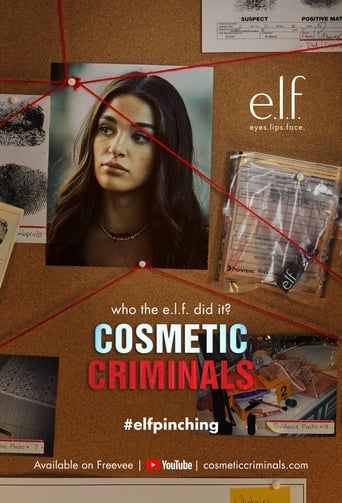
07 Jan 2024

A short mockumentary detailing the rise of intergenerational cosmetic theft through the eyes of an affected family.
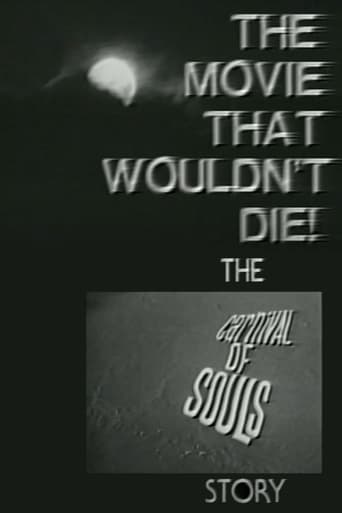
01 Jan 1998

Documentary about the making of the 1962 cult film "Carnival of Souls".
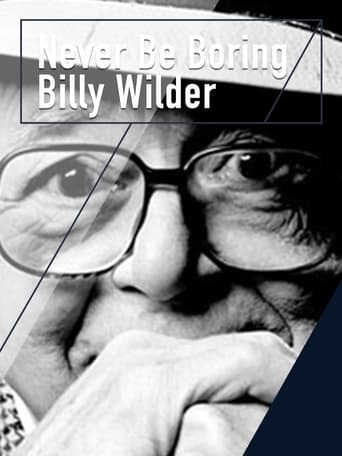
28 Oct 2017

A funny walk through the life story of Billy Wilder (1906-2002), a cinematic genius; a portrait of a filmmaker who never was a boring man, a superb mind who had ten commandments, of which the first nine were: “Thou shalt not bore.”

16 Jun 1993

The mocumentary about famous clockmaker Dragan Saldziev in Skopje.
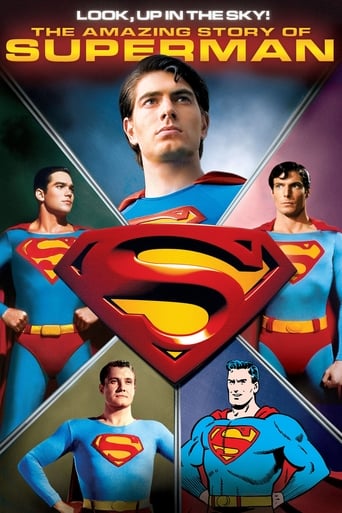
12 Jun 2006

The history of the comic book superhero, Superman, in his various media incarnations.
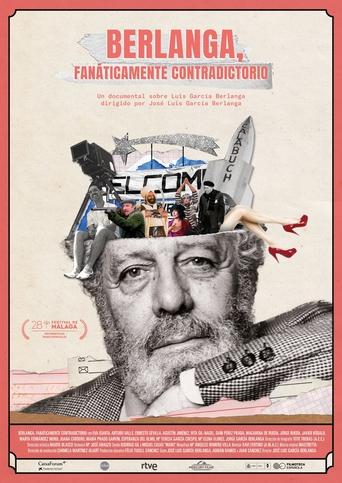
15 Mar 2025

No overview found
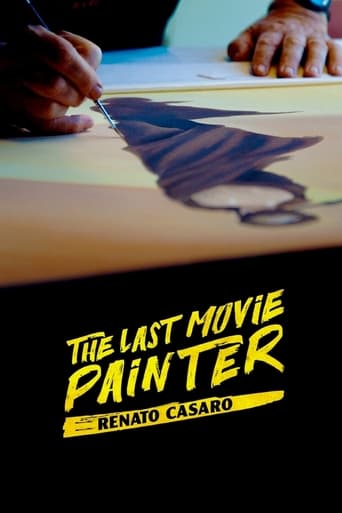
06 Feb 2020

A fantastic journey through the world of Renato Casaro, one of the most important illustrators that the world’s film poster industry has ever known.
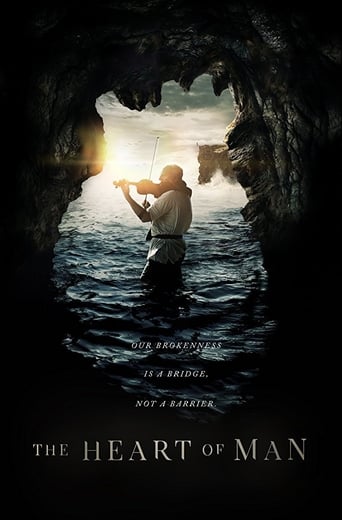
17 Sep 2017

The Heart of Man is a timeless tale of a father's relentless pursuit of his son -- interwoven with interviews of top thought-leaders on brokenness, identity, and shame.
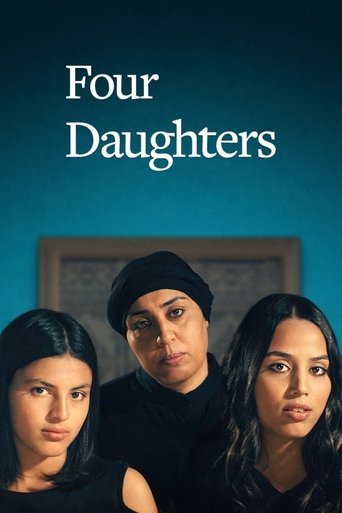
05 Jul 2023

Between light and darkness stands Olfa, a Tunisian woman and the mother of four daughters. One day, her two older daughters disappear. To fill in their absence, the filmmaker Kaouther Ben Hania invites professional actresses and invents a unique cinema experience that will lift the veil on Olfa and her daughters' life stories. An intimate journey of hope, rebellion, violence, transmission and sisterhood that will question the very foundations of our societies.
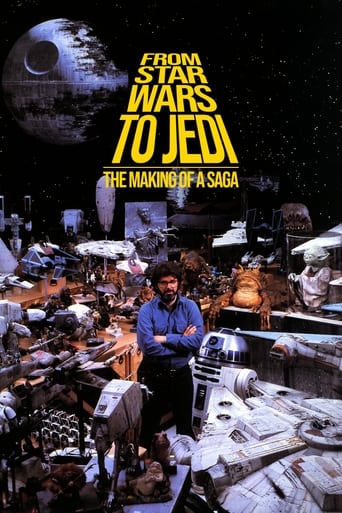
03 Dec 1983

From Star Wars to Jedi: The Making of a Saga is a 1983 television documentary special that originally aired on PBS. It is a behind-the-scenes look at the making of the original Star Wars trilogy, with particular emphasis on the final film, Return of the Jedi. Narrated by actor Mark Hamill, the documentary was written by Richard Schickel who had written the previous television documentaries The Making of Star Wars (1977) and SP FX: The Empire Strikes Back (1980).
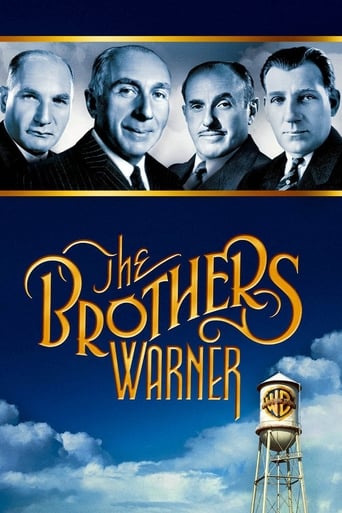
16 Oct 2008

An intimate portrait and saga of four film pioneers--Harry, Albert, Sam and Jack who rose from immigrant poverty through personal tragedies persevering to create a major studio with a social conscience.
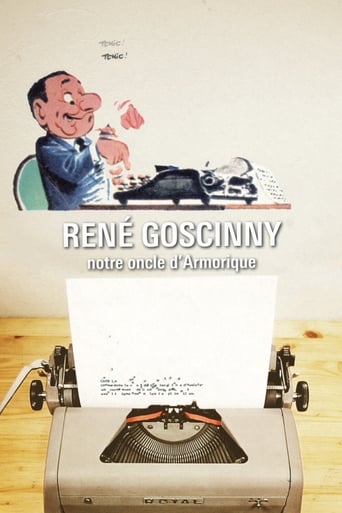
08 Oct 2017

The career of French comic author René Goscinny was a living blend of cultures and an expression of the great importance this artist attached to the production and dissemination of sophisticated popular culture. Goscinny left behind an extremely extensive body of work: "Asterix", "Lucky Luke", "Isnogud", "Little Nick" and many more.
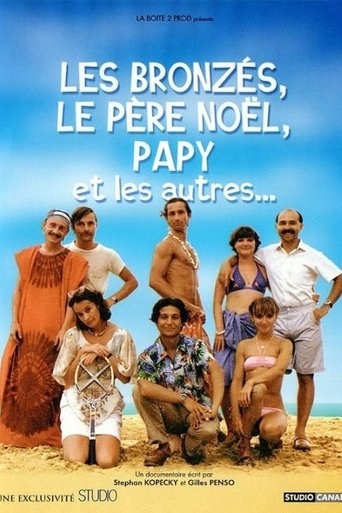
03 Jan 2003

Les Bronzés, le Père Noël, Papy et les autres....Discover or rediscover the emblematic scenes of these cult films that have crossed generations without getting old. Go behind the scenes of these unusual films through completely unpublished anecdotes and funny stories told by the authors themselves.
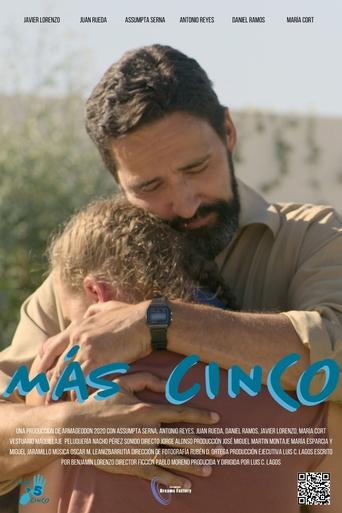
28 Mar 2025

No overview found
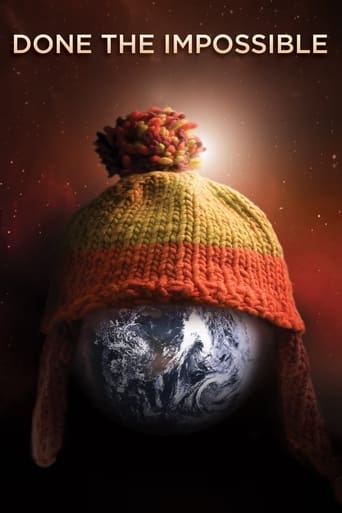
28 Jul 2006

A documentary covering Firefly's birth, death and rebirth from the perspective of both the fans and the cast and crew of both productions.
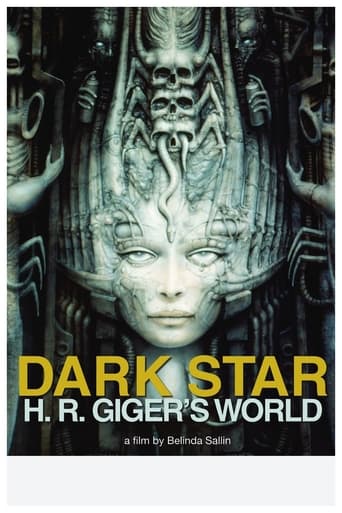
23 Oct 2014

An account of the life and work of Swiss painter, sculptor, architect and designer H. R. Giger (1940-2014), tormented father of creatures as fearsome as they are fascinating, inhabitants of nightmarish biomechanical worlds.
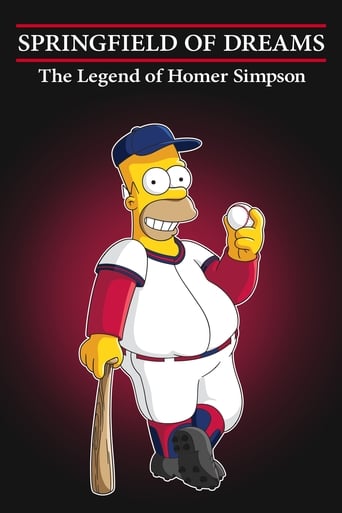
20 Oct 2017

In honor of Homer's journey to the Hall of Fame, MLB all-stars and Springfield locals look back at the greatest corporate softball game ever played.

24 Nov 2023

The story of Russian writer and Soviet dissident Aleksandr Solzhenitsyn (1918-2008) and his masterpiece, The Gulag Archipelago, published in Paris in 1973, which forever shook the very foundations of communist ideology.